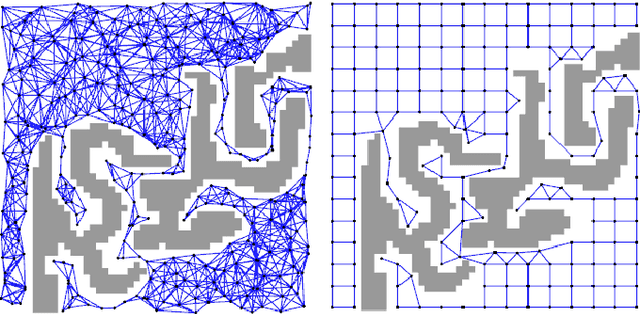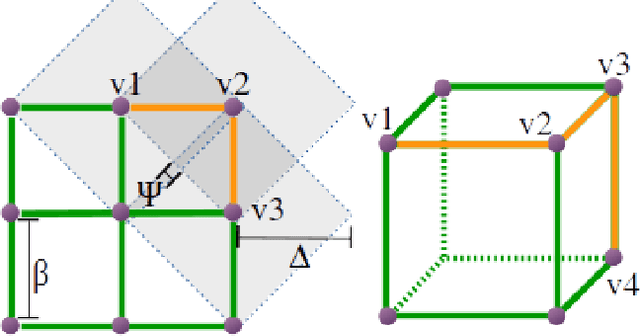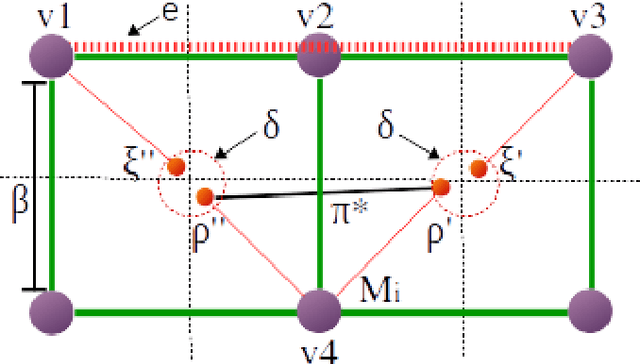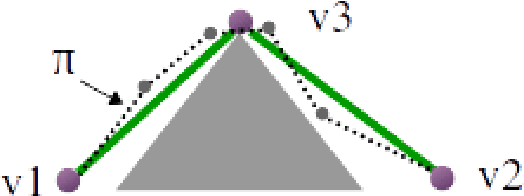Sparser Sparse Roadmaps
Paper and Code
Oct 24, 2016



We present methods for offline generation of sparse roadmap spanners that result in graphs 79% smaller than existing approaches while returning solutions of equivalent path quality. Our method uses a hybrid approach to sampling that combines traditional graph discretization with random sampling. We present techniques that optimize the graph for the L1-norm metric function commonly used in joint-based robotic planning, purposefully choosing a $t$-stretch factor based on the geometry of the space, and removing redundant edges that do not contribute to the graph quality. A high-quality pre-processed sparse roadmap is then available for re-use across many different planning scenarios using standard repair and re-plan methods. Pre-computing the roadmap offline results in more deterministic solutions, reduces the memory requirements by affording complex rejection criteria, and increases the speed of planning in high-dimensional spaces allowing more complex problems to be solved such as multi-modal task planning. Our method is validated through simulated benchmarks against the SPARS2 algorithm. The source code is freely available online as an open source extension to OMPL.
 Add to Chrome
Add to Chrome Add to Firefox
Add to Firefox Add to Edge
Add to Edge